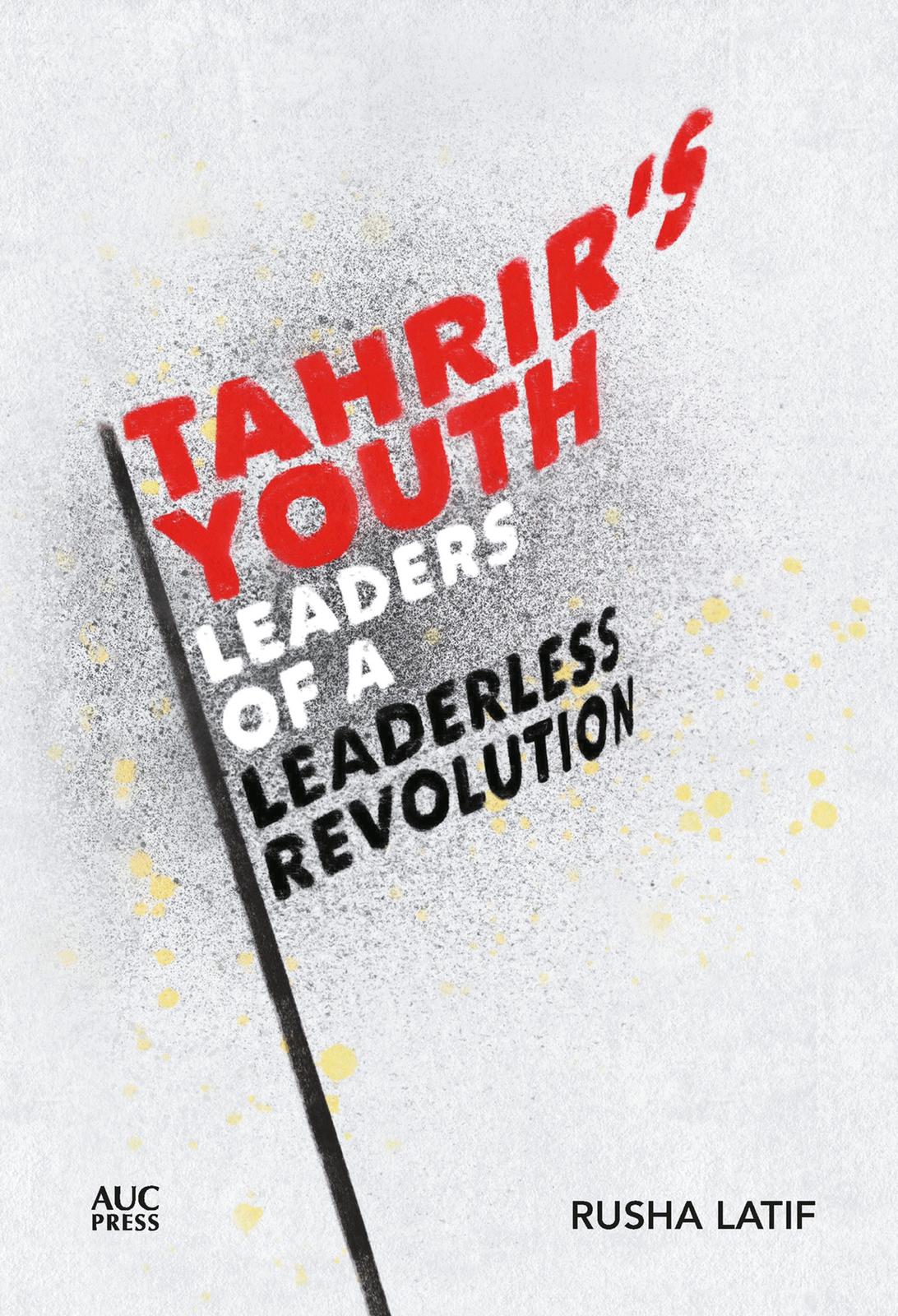In this timely talk based on her new book Tahrir’s Youth: Leaders of a Leaderless Revolution, Rusha Latif will challenge the commonly held belief that the 2011 Egyptian revolution was spontaneous and leaderless, through a provocative new account of the revolutionaries—one that foregrounds their solidarity with the Palestinian struggle for liberation as a key catalyst behind their revolt. Speaking to these interconnections, the presentation will follow the trajectory of the Egyptian revolutionary movement through its successes and defeats from the perspective of the Revolutionary Youth Coalition (RYC), the first and arguably most significant front born of the nationwide revolt. This talk will not only illuminate the Egyptian uprising’s leadership and organizing dynamics but also impart urgent lessons from the protagonists behind this historic movement—lessons for everyone hoping to achieve liberation and revolutionary change in the 21st century.
About the speakers
Rusha Latif is a researcher and writer based in the San Francisco Bay Area. A first-generation Egyptian American, she traveled to Cairo in 2011 to conduct ethnographic research on the uprising. Her interests include social movements and revolutions; the study of gender, class, and race/ethnicity; Islamic studies; and Middle Eastern studies. She is the author of Tahrir’s Youth: Leaders of a Leaderless Revolution (AUC Press, 2022), an activist ethnography that explores the themes of leadership and organisation in the Egyptian revolution.
Sai Englert is a lecturer at Leiden University in The Netherlands. He is the author of Settler Colonialism: an Introduction and sits on the editorial boards of Historical Materialism and Notes from Below.
Manar Ellethy is a Lecturer at the Utrecht University and a PhD candidate at Leiden University, where she will be defending her thesis soon. Her work focuses on race and cultural studies with a specific focus on Black radicalism and cultural resistance in the US. She also works on transnational solidarity between Black and anti-colonial and anti-imperial struggles in North Africa and the wider MENA region.
 About the book: Tahrir’s Youth: Leaders of a Leaderless Revolution
About the book: Tahrir’s Youth: Leaders of a Leaderless Revolution
Among the enduring tropes that have been associated with the 2011 Egyptian revolution is the notion that it was spontaneous and leaderless. But are these descriptions accurate? Or do they in fact obscure more than they reveal about what was actually happening on the ground with Egypt’s revolutionaries? Tahrir’s Youth makes the case for the latter. Following the movement’s trajectory from the perspective of the Revolutionary Youth Coalition (RYC), the first and arguably most significant front born of the nationwide revolt, the book offers a provocative new account of the revolutionaries’ experiences through their successes and defeats. Timely and necessary, this study not only illuminates the uprising’s leadership dynamics but also carries urgent lessons from the protagonists behind this historic movement – lessons for everyone hoping to achieve revolutionary social change in the 21st century










